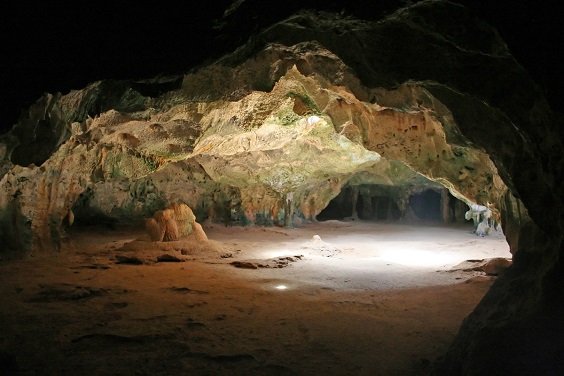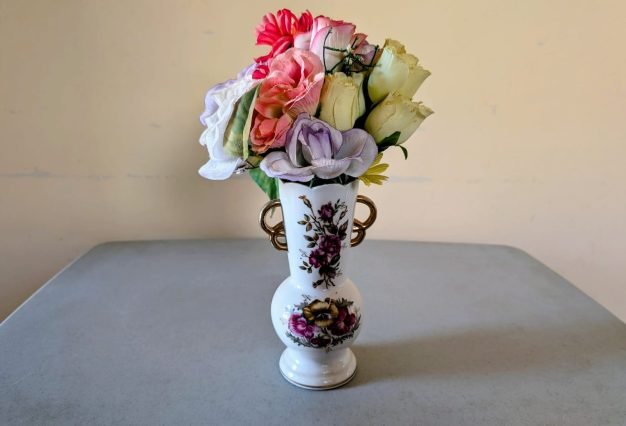By Ustādh Tamseel Aḥmed
In the name of Allāh, the All Merciful, the Very Merciful
As we leave the last 10 days of Ramaḍān and hope to gain from the remaining blessings of the precious nights, the world seems to be in disarray. Central African region is burning and the people in it are suffering. Suppression of Muslim populace in Burma and Sri Lanka has been confirmed by both major and independent news outlets along with humanitarian groups.
Israel has begun ground invasion of what remains of Gaza. It seems that the world has repeatedly shown that lessons from the Holocaust were learnt, experienced and discussed to be repeated.
A few days ago a Malaysian Airlines passenger jet was destroyed in midair at cruising altitude through a surface to air missile, killing nearly 300 people. This is another display of chaos which is prevailing in the world. Those firing the missile did not know the passengers and most likely had no direct animosity to any of them. This phenomenon of killing strangers simply because they are in the wrong place at the wrong time is becoming far too common in the world. We are being declared guilty simply by association or, even worse, guilty on the basis of suspected association. This method is not only employed by small extremist groups but even powerful nations engage in such a practice as evident from drone strikes in Pakistan, Yemen and other parts of the world.
As a human being, I am left in amazement at our ability to oppress as a group. An individual at times can be overcome by temporary insanity, but when a group becomes insane then it is bad news for the world. This was a brief, incomplete, and perhaps, from some perspective, an extremely incoherent picture of the current affairs.
Now I come to the purpose of writing this article. As someone who believes in the Islamic tradition, I feel Islam has equipped us with the ability to diagnose a problem and then has offered solutions which can be sought by reflection in our primary and secondary sources.
In this human crisis we find ourselves helpless, unable to solve world issues and stop institutionalized oppression.
Let’s step into the pages of ḥadīth literature where the last prophet of Islam is sharing an incident from the past and in reality providing guidance and solutions for the future.
The ḥadīth, I am referring to, has been reported by ʿAbd Allāh Ibn ʿOmar and recorded in Riyāḍ Al-Ṣaliḥīn by Imam Nawawī as ‘agreed upon,’ which means that both Imam Bukhārī and Imam Muslim have reported this ḥadīth[i]. Imam Nawawī has brought this ḥadīth in the first chapter of his book ‘chapter in regards to purity and presence of intention.’ Thus signifying that in writing his book he made this the first chapter due to its fundamental relation to sound actions. I have summarized the ḥadīth below but would encourage the readers to read the ḥadīth in the mentioned books in its entirety.
The ḥadīth mentions the incident of three men who were on a journey and then decided to take overnight rest in a cave. As they entered the cave, a boulder plugged the opening and they were trapped inside. It was agreed amongst them that they will only be able to escape from this situation by asking Allāh through sound and pure deeds as a basis in this request. Helplessness was their affair as they had no way to escape and had no way to call outside for help. One of them, who started the supplication, asked Allāh to remove the boulder by using the well treatment of his old parents and his preference for them over the rest of his family. He emphasized in his supplication that if this action was performed purely for seeking your pleasure then please remove this boulder. The boulder moved slightly after the first supplication but not enough for them to exit. The second person then started his supplication in a similar fashion. In his incident he mentioned how he preserved the chastity of his cousin while having the ability to exploit her and having extreme desire for her. Again, the rock moved slightly but not enough for them to escape. The third and final person in the group also did the same as the first two and mentioned how he invested the unclaimed salary of a person and when that person returned much later asking for his salary, he gave the salary and the growth on the investment made from the salary which had become substantial. Finally, the boulder moved and they exited the cave. [ii]
The relevance of this incident to our current condition is somewhat obvious. Helplessness of the oppressed is evident around the world. The weak are being abused and dominated by the powerful. We find ourselves in the cave of this world but this cave has been plugged by hard and soft power of oppressive evil. Human condition is in a sad state. I don’t want to imagine but still forced to think what a seven year old girl was going through in her helpless state, when she was raped and hung from a tree in an Indian village. What the people of Gaza are feeling, when bombed from above, walled from the sides and left only with the option to flee into the depths of the sea. The problems are too many to list around the globe but they all share a commonality for the oppressed – extreme helplessness.
When the three men, mentioned in the ḥadīth, found themselves in an extremely helpless state, they searched for actions they did purely for the sake of Allāh. The question you and I face and must address is this: do we have such pure and righteous deeds which we can use as a basis to ask God to help us in our helplessness today?
[dt_divider style=”thick” /]
[i] Imam Bukhārī has mentioned this ḥadīth in the book of the prophets and Imam Muslim has brought this hadith in the book of remembrance, supplication, repentance and seeking forgiveness.
[ii] This ḥadīth provides clarity in regards to excellence and permissibility of several actions; some are mentioned in what follows. It establishes that supplication at the time of difficulty is amongst the desired actions, also mentioning ones good actions during the supplication. It highlights the excellence of good actions towards the parents and of serving them while even sacrificing the needs of wife and children if the situation requires. The ḥadīth also highlights the excellence of chastity and its value and the importance of abstaining from the forbidden despite having capability to engage in it. (Dalīl Al-Fāliḥīn)




